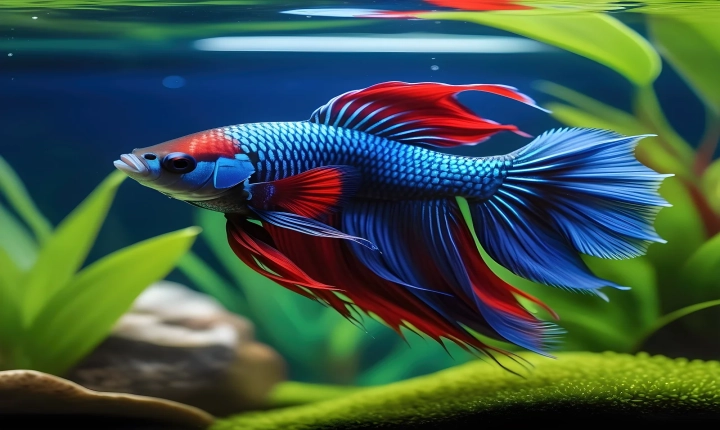Artificial Intelligence (AI) has made significant strides in recent years, revolutionizing various industries and changing the way we work and live. One of the areas where AI is making a profound impact is agriculture. From precision farming to crop monitoring, AI technology is transforming the agricultural sector in numerous ways.
One of the most significant contributions of AI to agriculture is the concept of precision farming. With the help of AI-powered drones and sensors, farmers can gather real-time data on soil conditions, weather patterns, and crop health. This data allows them to make informed decisions about irrigation, fertilization, and pest control, leading to more efficient use of resources and higher crop yields.
AI also plays a crucial role in crop monitoring and prediction. By analyzing data from satellites, weather stations, and sensors, AI algorithms can forecast crop yields, disease outbreaks, and pest infestations. This information enables farmers to take proactive measures to protect their crops and maximize their productivity.
Furthermore, AI has facilitated the development of autonomous farming machinery. Self-driving tractors and harvesters equipped with AI algorithms can perform tasks such as planting, plowing, and harvesting with exceptional precision and efficiency. This not only reduces labor costs but also minimizes the environmental impact of traditional farming practices.
AI-powered sorting and grading systems have also streamlined the post-harvest process. By utilizing machine learning algorithms, these systems can accurately classify and grade agricultural products based on size, color, and quality, improving the overall efficiency of the supply chain and reducing waste.
In addition to improving the operational aspects of agriculture, AI is also driving innovation in the development of sustainable farming practices. For instance, AI algorithms can help optimize the use of water and fertilizers, leading to more sustainable and environmentally friendly farming methods.
Furthermore, AI is enabling the development of smart greenhouses and vertical farms, where environmental conditions such as temperature, humidity, and light can be precisely controlled to maximize crop growth and quality.
It is evident that AI is revolutionizing agriculture by enabling farmers to make data-driven decisions, optimize resource usage, and improve overall productivity. As the technology continues to advance, we can expect further innovations that will shape the future of farming. By embracing AI, the agricultural sector can not only increase its efficiency and profitability but also contribute to a more sustainable and resilient food system.
